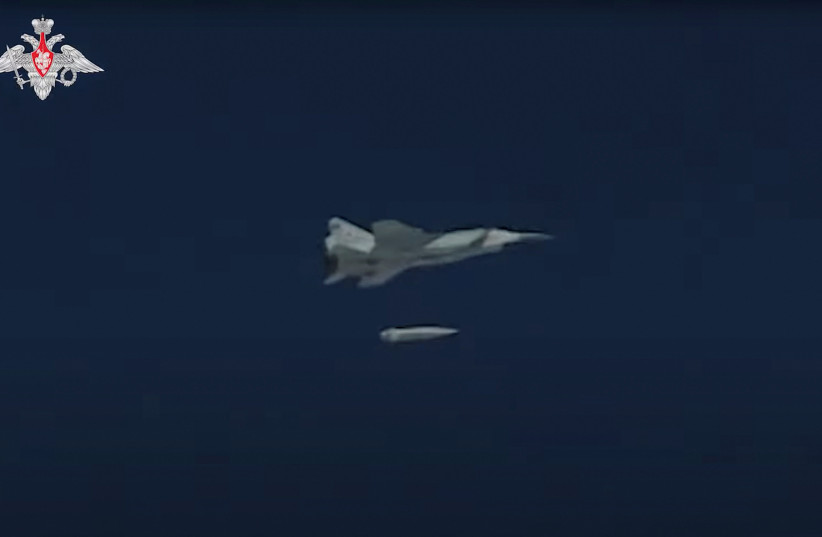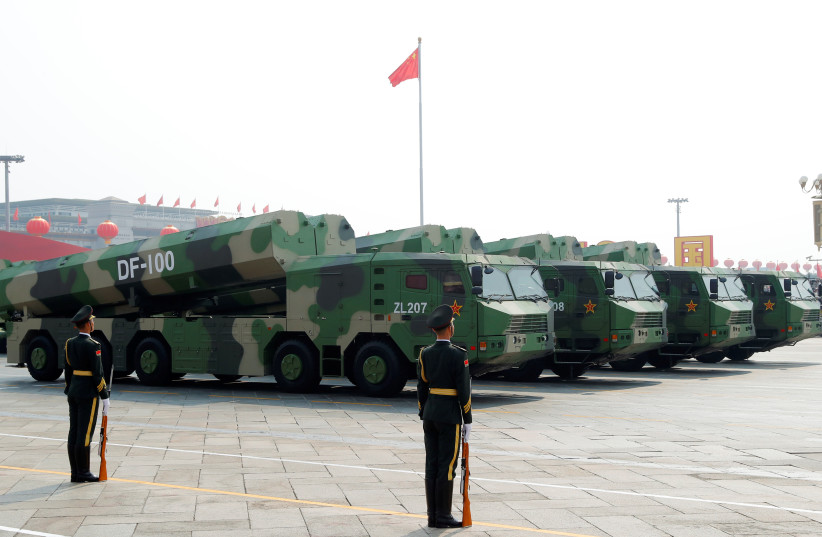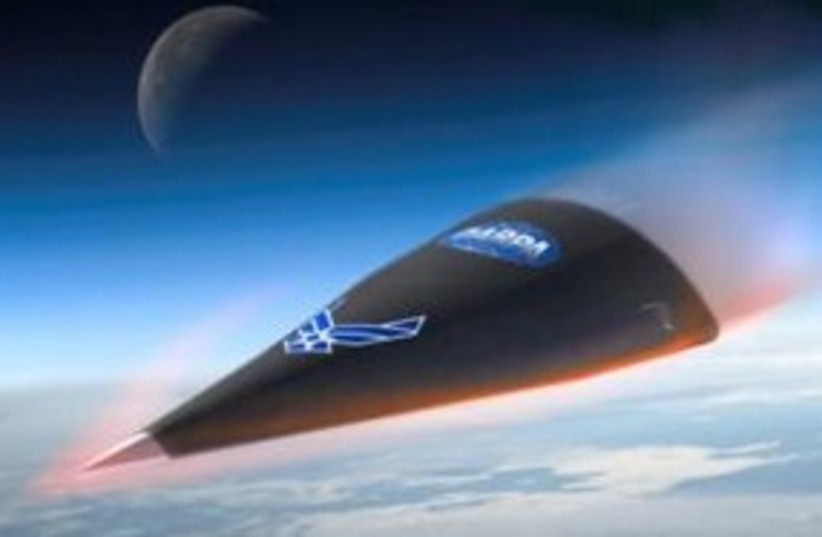The US is seeking to have its first operational hypersonic weapons by the 2023 financial year, according to the 2023 US Defense Department budget proposal overview.
<br>When will the US have hypersonic weapons?
The US Defense Department budget estimates it will have hypersonic missile batteries fielded by 2023's financial year. These will be land-launched weapon systems.
By 2025's financial year, the US military expects to have maritime hypersonic missiles on its Zumwalt-class DDG-1000 guided-missile destroyers. The US Defense Department's January 12 designs for its next-generation DDG(X) guided-missile destroyers include the option of 12 large missile launcher cells for hypersonic missiles. The US Navy hopes to procure the first DDG(X) in 2028, according to the Congressional Research Service, although it acknowledges that the exact date could change
Air deployed hypersonic cruise missiles are expected to come into service in the 2027 financial year. The US conducted a successful test of a Lockheed Martin Hypersonic Air-Breathing Weapon Concept (HAWC) launched from a B-52 bomber in mid-March, but kept it under wraps in order to avoid escalating tensions with Russia, CNN reported on Tuesday.
This was the second successful test of a hypersonic HAWC missile, the first conducted in September with a Raytheon HAWC, powered by a Northrop Grumman scramjet engine.

The Defense Department's budget proposal for hypersonic missiles and subsonic weapons requests "$7.2 billion to develop and field a mix of multi-service, multi-domain offensive long range fires," reads the budget overview.
Missile Defense
The 2023 financial year US Defense Department budget includes $24.7 billion amid renewed concerns over rivalry with China and Russia, both states that possess hypersonic and nuclear weapons. In particular, the budget "Invests $892 million for the defense of Guam against the missile threat from China."
Advanced defense systems were also included in the plan. The US will be investing in developing a next-generation interceptor and continued integration and development of THAAD batteries.
<br>What are hypersonic missiles?
Hypersonic missiles are projectiles that travel faster than Mach-5, which is five times the speed of sound.
According to NPR, there are different variations of hypersonic weapons, including guided ballistic missiles, launched by hypersonic glide vehicles, and hypersonic cruise missiles.

These weapons challenge modern missile defense systems with their speed and maneuverability — Even in the upper atmosphere — US Defense Department officials have warned.
<br>What countries have hypersonic weapons?
The Russian "Kinzhal" hypersonic missile was reportedly used for the first time in Ukraine in mid-March in a strike on a military base in Ukraine, according to Russian state media outlet RIA. The hypersonic aeroballistic Kh-47M2 "Kinzhal" or "Dagger" was reportedly used to strike a military fuel depot near the southern Ukrainian city of Mykolaiv.
The Kinzhal is a hypersonic missile launched from a warplane and has an effective range of 2,000 km or 3,000 km depending on if the weapon is deployed from a fighter jet or bomber, according to the Russian state media outlet TASS. The missile can strike its target within several minutes of launch.
Russia is also developing a new Zircon hypersonic missile. The air-to-ground version of the missile was delayed, reportedly due to a backlog, in favor of the naval version of the weapon.
In the early days of the Russia-Ukraine War, Russian President Vladimir Putin ordered his military command to put Russia's nuclear and hypersonic missile forces on high alert.

During January missile tests, North Korea tested hypersonic missiles, and in October it was alleged by the US military that China had successfully tested a hypersonic glide vehicle.
"Hypersonic technology is something that we have been concerned about, the potential military applications of it and we have held back from pursuing military applications for this technology," US disarmament ambassador Robert Wood said in October. "We have seen China and Russia pursuing very actively the use, the militarization of this technology so we are just having to respond in kind... We just don't know how we can defend against that technology, neither does China, neither does Russia."
